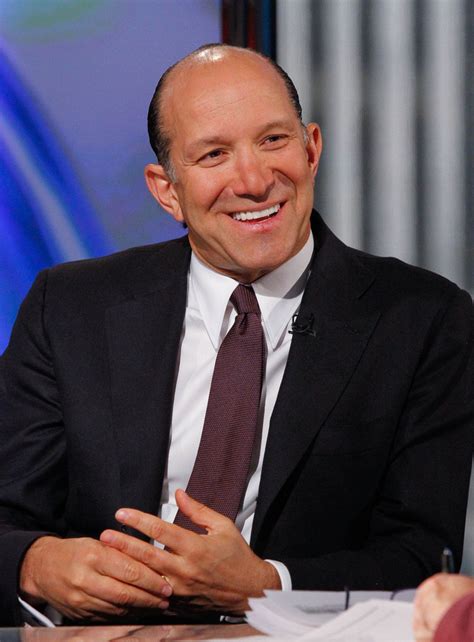A Quote by Samuel Johnson
An Italian philosopher said that "time was his estate"; an estate indeed which will produce nothing without cultivation, but will always abundantly repay the labors of industry, and generally satisfy the most extensive desires, if no part of it be suffered to lie in waste by negligence, to be overrun with noxious plants, or laid out for show rather than for use.
Related Quotes
Industry need not wish, and he that lives upon hopes will die fasting. There are no gains without pains. He that hath a trade hath an estate, and he that hath a calling hath an office of profit and honor; but then the trade must be worked at and the calling followed, or neither the estate nor the office will enable us to pay our taxes. If we are industrious, we shall never starve; for at the workingman's house hunger looks in, but dares not enter. Nor will the bailiff or the constable enter, for industry pays debts, while idleness and neglect increase them.
Nearly all our ills are the result of neglect in some way or other. And this truth may be said to apply to the ills of nations as well. Negligence is at the bottom of all decay. And decay always starts by showing little signs-or warnings. Then is the time to show interest and to be alert. There is nothing quite so easy as to neglect, and nothing quite so difficult as to repair that negligence. Negligence always carries a high price. It costs nothing to avoid it!
Do not choose for your friends and familiar acquaintance those that are of an estate or quality too much above yours...You will hereby accustom yourselves to live after their rate in clothes, in habit, and in expenses, whereby you will learn a fashion and rank of life above your degree and estate, which will in the end be your undoing.
A great estate is a great disadvantage to those who do not know how to use it, for nothing is more common than to see wealthy persons live scandalously and miserably; riches do them no service in order to virtue and happiness; therefore 'tis precept and principle, not an estate, that makes a man good for something.
Today the strategies of many companies in the real estate industry are premised on low interest rates, an assumption that has resulted in the rapid expansion of the real estate securitization business. This trend could be regarded as a risk factor, as it exposes the real estate sector to at least three potential problems: first, interest rate hikes; second, revisions to securitization business accounting standards; and third, overheating in the real estate market.
An institution which is financed by a budget - or which enjoys a monopoly which the customer cannot escape - is rewarded for what it deserves rather than what it earns. It is paid for 'good intentions' and 'programs'. It is paid for not alienating important constituents rather than satisfying any one group. It is misdirected by the way it is being paid into defining performance and results as what will produce the budget rather than as what will produce contribution.
As God adds his 'Yes' to your 'Yes,' as he confirms your will with his will, and as he allows you, and approves of, your triumph and rejoicing and pride, he makes you at the same time instruments of his will and purpose both for yourselves and for others. In his unfathomable condescension God does add his 'Yes' to yours; but by doing so, he creates out of your love something quite new - the holy estate of matrimony.




































